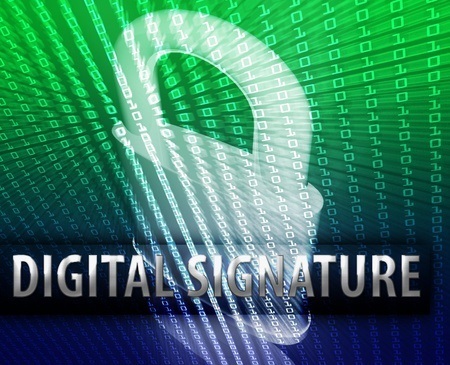Demystifying Digital Signature Certificate (DSC)
With the advancement of technology and computerisation, the conventional paper and pen based signatures are being replaced by Digital Signatures as attempts to digitise business processes are rapidly increasing. Today, electronic documents are required to be digitally signed using what we call a Digital Signature Certificate (DSC). To put it simply, a DSC is an electronic form of your signature which makes the use of encryption technology to provide features such as views based on permission, authenticated signatures, tamper-evident documents, etc. You can encrypt information using a DSC so that it is accessible only to the intended recipient. Absolute privacy is maintained by using DSC for transactions done online.

A Digital Signature Certificate provides legal validity to transactions done through the internet. It is mandatory for companies to possess a valid DSC for e-filing documents on e-Tendering portals. DSC plays a very significant role in e-procurement. E-Procurement serves to bring transparency and accountability to procurement of goods and services through the use of a highly secure system. You can now also use a DSC for e-filing Income Tax Returns (ITR).
A DSC is issued by a licensed Certifying Authority (Section 24 of the Indian IT-Act 2000). It normally takes the Certifying Authority three to seven days to issue a DSC. Once issued, a DSC is valid for two to three years and can be re-validated thereafter.
DSC is issued in three classes – Class I (validates the email-id of the user), Class II (Validated by a Certifying Authority. The user needs to provide identity and address proof), and Class III (highest level of authenticity. Physical presence of the user in front of the Certifying authority is required to prove his identity). DSCs of Class I are used by employers to facilitate communication with employees through email. To participate in e-tendering and e-auctions, DSCs of Class II and III are required. Needless to say, a DSC is legally admissible in the Court of Law and is of utmost importance in the current era of digitisation.
